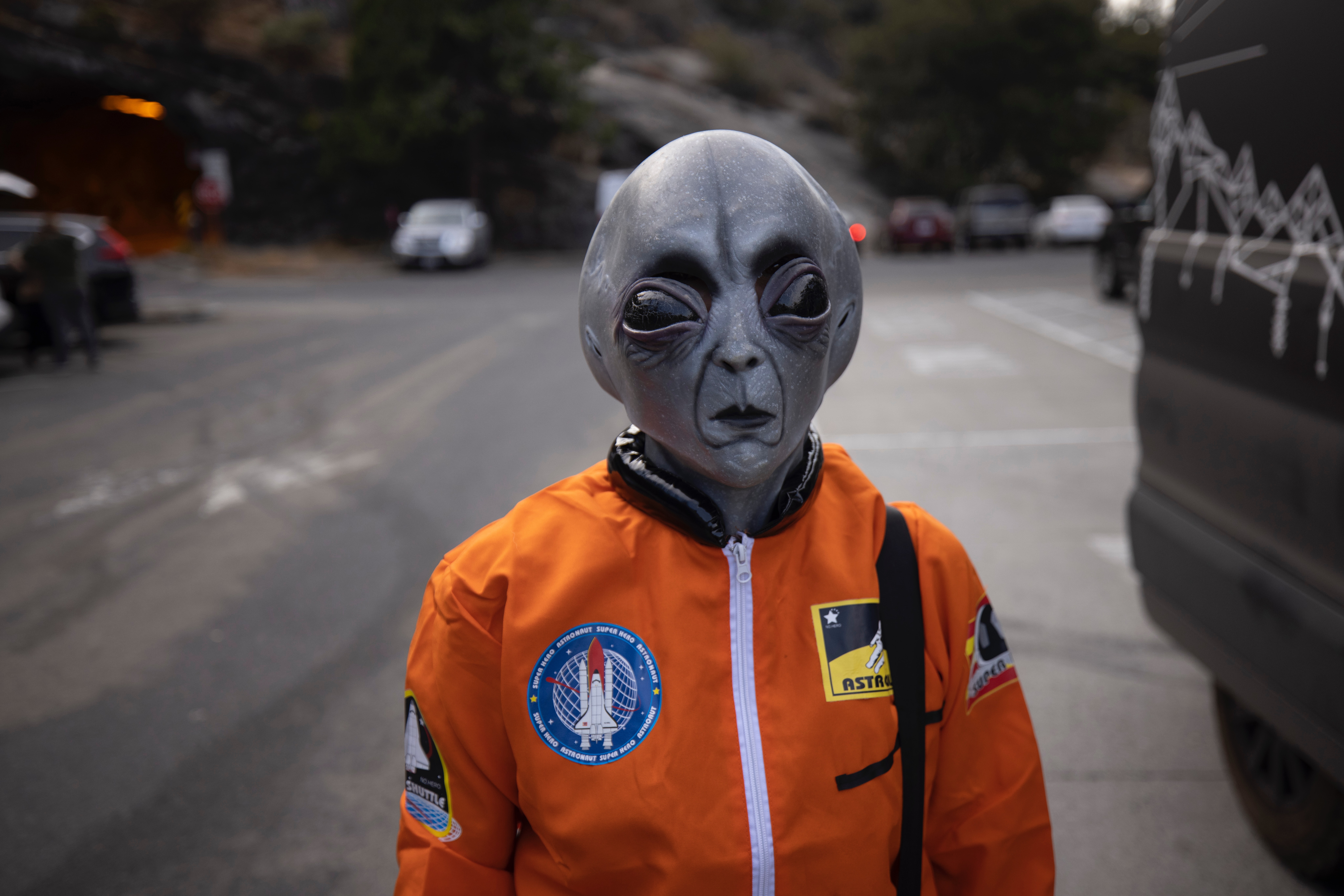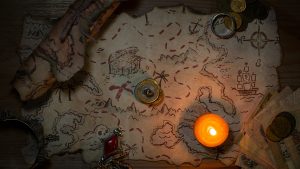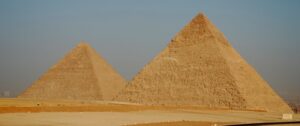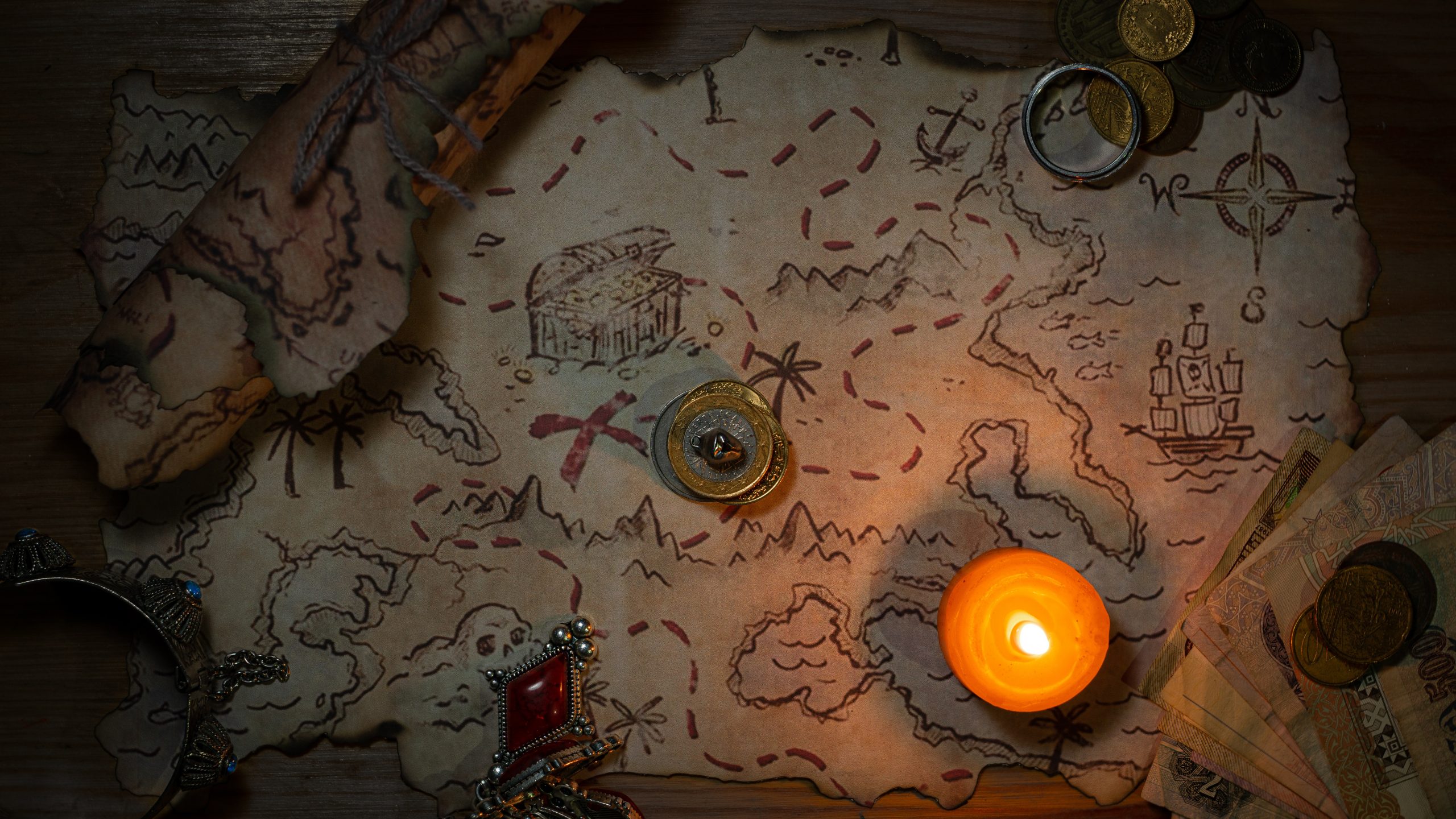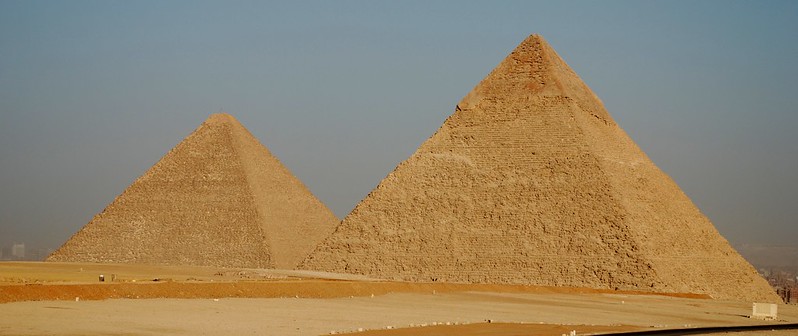Harvard professor and theoretical physicist Avi Loeb is convinced that he may have discovered fragments of alien technology amongst the remnants of a meteor that landed in the ocean alongside Papua, New Guinea in 2014.
Why Does Avi Loeb Believe That the Meteor Fragments Were Alien?
Harvard professor Avi Loeb on what he believes he may have found — fragments of alien technology from a meteor that landed in the waters off of Papua, New Guinea in 2014. U.S. Space Command confirms the material likely came from another solar system. pic.twitter.com/xuxRetk4X0
— CBS News (@CBSNews) July 11, 2023
Recovered from the meteor site were 50 microscopic spheres that resembled dust and collectively weighed around 35 milligrams.
According to Loeb, the meteor—dubbed IM1—”is actually tougher and has material strength that is higher than all the space rocks that were cut along by NASA… Given IM1’s high speed and anomalous material strength, its source must have been a natural environment different from the solar system, or an extraterrestrial technological civilization.”
Tests on the 50 microscopic spheres prove that their chemical makeup is almost 100% iron. Loeb claims, “More than 95 percent of all meteorites contain iron-nickel metal. As a consequence, meteorites have concentrations of nickel that are much greater than that of nearly any terrestrial rock.”
In contrast, the spheres recovered at IM1’s crash site contained just “negligible” traces of nickel, meaning that—if nothing else—they qualify as anomalous.
Does the Greater Scientific Community Believe Loeb’s Claims?
Avi Loeb, a Harvard astrophysicist, says that material recovered from the seafloor could be from an extraterrestrial spacecraft. But his peers see the announcement as the latest example of him making an outlandish declaration that is too strong and hasty. https://t.co/6CxRaWiCMw
— The New York Times (@nytimes) July 24, 2023
While the iron fragments collected by Loeb and his team are certainly anomalous, other scientists are hesitant to jump to the conclusion that they come from, as Loeb claims, “an extraterrestrial technological civilization.”
“People are sick of hearing about Avi Loeb’s wild claims,” said Steve Desch, Arizona State University astrophysicist. “It’s polluting good science — conflating the good science we do with this ridiculous sensationalism and sucking all the oxygen out of the room.”
Avi Loeb’s History of Alien Research
The mystery behind the Oumuamua "alien spacecraft" comet has been solved https://t.co/VJoObCtUZn pic.twitter.com/dscv4A1rAh
— TIME (@TIME) March 26, 2023
Much of the scientific community’s pushback against Loeb’s claims is rooted in the fact that he seems insistent to skew data to point to the visitation of aliens.
In 2019, for example, he suggested that ‘Oumuamua—the first discovered interstellar object—could be an alien probe.
“The mere fact that it [‘Oumuamua] was discovered implies that the population of such objects is much more abundant than we anticipated,” Loeb told NPR. “Unless of course it’s on a very specialized orbit such that it’s not a member of a population of random objects.”
While his critics may say that Loeb wants to force his idyllic hope for alien visitations into the realm of science, he claims that he simply believes that the scientific community should be willing to embrace uncertainty, citing the fact that now-accepted theories such as the Big Bang or evolution were also once pushed back upon.

